Fascinating, messy worlds collide
Let’s get real for a sec—you’ve probably heard gut bacteria health is a THING. But what if I told you these tiny organisms in your gut are like the unsung heroes of your well-being?
Efficiency tip: If you’re looking for quick fixes, this isn’t the place. We’re diving into how AI is helping scientists uncover the messy, fascinating, sometimes sneaky world of your gut bugs. No fluff, just stuff that actually works.
And yeah, your gut bacteria health affects more than you’d guess: digestion, energy levels, and even mood. But it’s not magic—it’s science. Now, picture this: AI analyzing your gut bacteria like a mad scientist with better software. Let’s break down how this all connects.
Why Gut Bacteria Health Feels Like a Puzzle
Here’s the thing about your gut: it’s a zoo. One gut can contain 1014 microbes—scientifically confirmed by PMC researchers (and that’s about 10x more cells than your body has). But here’s the kicker: gut bacteria health isn’t just about having some microbes; it’s about having the right balance, and where. It’s like tending a garden—you don’t want dandelions taking over, right?
What even is gut dysbiosis and why should you care?
Imagine a tiny bar fight inside your intestines. There’s your “good bacteria,” minding their business, and then… some “bad guys” crash the party. That’s dysbiosis, people. Think of it as microbial chaos with three real red flags:
- A gut’s ability to keep up appearances fading fast (loses beneficial bacteria)
- Pathogens acting up where they shouldn’t (overgrowth)
- Biodiversity crisis—grapefruit dunno what happened here (low diversity)
Gut bacteria interact unpredictably—kind of like that one friend who eats pickles for breakfast but claims to be “low maintenance.” You fix one issue, three more pop up (thanks, Cleveland Clinic). Case in point: antibiotics knock out both villains and allies in your microbiome. Sure, they’ll go in peace eventually, but if they’re making house calls, watch out.
Your gut’s ‘address book’ yearns for order
Gut microbiome? It’s like your apartment layout—there’s that weird cousin Bacteroidetes chilling in the kitchen (responsible for fiber breakdown) while Firmicutes works the financials. But when environmental factors reshape the rent control (dietary fiber decreases), your tenants—erm, microbes—start arguing over resources. Key issue? Bowel timing.
Relatable scenario: You eat a questionable buffet (aka your last cheat day). If your gut motility is 10 minutes to your large intestine but boom—too fast, the bacteria don’t settle. Or if it’s 90s slow—read: you’re bloated. Both ends of the gut garden struggle when this balance goes sideways (Cleveland Clinic gets into it).
Hidden Powers (and dangers) Lurking in Your Gut
Can your gut bugs boost immunity and brainpower?
Quick confession: when I first heard “gut-brain-axis,” I assumed someone spilled caffeine on a science graph. But turns out, your microbiome communications are eerily complex. Respondents sharing gut health benefits on forums haven’t cracked wise—they’re onto something. One study showed short-chain fatty acids from good bacteria calm immune responses, while your most probiotic-friendly species literally train your immune system to fight like a champ (Mayo Clinic physicians back this up).
And here’s the brain twist: certain “smart” bacteria release mood messengers like serotonin. Not just us feeling HUNGRY—this is the real deal. If you’ve ever craved chocolate during PMS, your microbes might’ve whispered, “you deserve it, slump just happened.”
When your gut flora balance goes away
Let me paint a worst-case scenario: Anna, former regular gut owner, experiences fatigue and bloating after two months on diet soda and Candyland. Mayo Clinic’s system breaks it down—when good species go missing, _Clostridium difficile_ rolls in like it owns the place. Dysbiosis doesn’t just mean bloating or fatigue—get ready for:
- Pizza-induced sugar cravings (not just PMS!)
- Infections you never signed up for (we’re looking at you, IBD)
- Energy levels resembling a SolarPunk battery left in the dark
Benefit vs. risk analysis table
| Benefits of Gut Health | Risks of Gut Imbalance |
|---|---|
| Short-chain fatty acid production | Inflammatory Bowel Disease (%20+ associated) |
| Immune system educations | Obesity-linked bacteria cultivation |
| Metabolizes indigestible fiber | Heart disease markers increase |
AI’s Gut-Therapy Side Quest
How AI accelerates humans’ microbiome mystery solving
A little spicy fact: microbiome research until 2025 was like trying to map the moon—each gut’s composition was a nightmare to track. Then AI showed up spanking new NAND gates, analyzing gut bacteria research at lightning speed. Did you know your gut composition reminds AI of multiplying two conflicting populations? Exactly. It’s messy. But here’s where AI crushes gut bacteria complex relationships:
- Personalized food-drug-bacteria triggers for diabetes patients
- Identifying probiotic champions fighting per patients’ gut patterns
- Churns out diet prediction tools for you specifically (no more guessing Chef communicates)
Let’s chat real quick about fermented foods. AI now confirms what researchers only guessed: not all yogurt is equal, and the gut health benefits vary! If you take _Lactobacillus rhamnosus_ (shoutout to Mayo Clinic physicians) over _Bifidobacterium longum_, you’re propped up differently.
Gut health tech myths that AI burned
Remember when “probiotics are good” memes flooded the internet? The reality has been harsher than you know. AI shredded these 4 stubborn myths in 2025:
- All probiotic products are effective – Wrong. Studies now show strain specificity matters. That $30 freeze-dried probiotic blend might work—but only for specific junk food encounters.
- Diversity alone = gut gold – Nope! Gut diversity tied to unstable environments can also mean one super-strain runs everything (Mayo Clinic humor?).
- Your gut needs you to “starve the bad guys” – That Google search telling you to fast to “rebalance gut flora”? Practitioners literally roll their eyes. Not all “bad bacteria” obey hunger classes.
- Gut health means one-size-fits-all – AI insists: Spoiler – you’re not a model organism for a treatment. Insight from USDA ARS microbiome research shows personalizing your diet keeps you on a planet where only you know the way.
| Your gut’s not at party with too much chaos (diversity) | Overgrowth of plant pathogen-related organisms occurs (dysbiosis) |
| Bug spread follows intestinal restaurant rules | Excess growth indicates SIBO (small intestinal bacterial overgrowth) |
Red Flags Your Gut Doesn’t Want to Handle Alone
Bloating fatigues and food signals from your gut
Sophie, like many people at age 27, experienced “just weird digestion.” Constipation? Past that. Post-lunch puffiness? Second verse. And while you might shrug everything as “lactose intolerant again,” gut bacteria health issues often hide behind these signals:
- Extreme gas after meals with fiber (symptom of SIBO, according to the AMA)
- Cheese feels like betrayal (food intolerance due to altered gut flora balance)
- Cold, gray brain fog (bacteria impacting nerve function—stick with this)
Yo—not all discomfort screams “your probiotic counts are low.” Sometimes, it’s food intolerance. Other times, your gut motility is slower than a 90s modem. Adapt_filter by visiting professionals when things walk outside normal patterns.
Gut health tests will either team you up or ghost you
“What? Doctors testing poop?” Yep, and it’s weird and helpful. Stool studies like Calprotectin tests accidentally found microbes reacting differently to antibiotics based on environment. But don’t rush into labs just yet—FILTER tip: many home gut kits give you nothing but data you can’t use.
A wise comment from Dr. Seabrook AMA goes: “If someone says they’ve had perfect digestion for 34 years but now found piles (figuratively), that’s what alerts us.” Gut issues aren’t always emergencies—but if your accuracy drops below 50%, talk to a gastroenterologist. Gut bacteria don’t thrive under prolonged distortion. (Yes, that’s doctor-speak for “fix it.”)
Recipes and Life Hacks for Gut Bugs
Nourish bugs without becoming one yourself
Alright, let’s stop for a snack. Probiotic smoothies? Fermented food? Bananas-on-tofu battles? Here’s how to eat your way to a healthier go with prebiotic pow (USDA microbiome hunters would approve this list):
- Fiber counts & closes job in GI tract – Embrace bananas roasted garlic and oats until dinner’s late
- Probiotic offerings that don’t stink – Sushi isn’t helpful, fermented isn’t. Shout-out to those frozen kimchi( cute heat) addicts
- Diverse picture, one gut ecosystem – Not all bacteria like sauerkraut. Some enjoy sweet potatoes. Others want leafy
Now, here’s the good part—an instructive moment. Try this pancake recipe that eats right back at your gut flora (seriously; this amalgam of gut research exists):
The Gut-Healthy Pancake Experiment
Combine:
- ½ cup rolled oats
- 2 mashed bananas
- ¼ cup yogurt blitzed in blender (it simulates the perfect pH balance)
- Mix, cook, add your cinnamon on top (some love, honestly), and viola—gut support served.
Snag this from Mayo Clinic’s practical tips list. The microbes in your gut practically throw confetti when diversity hits your breakfast plate. Keep your microbiome guessing—no predictability allowed.
Rest Run and Reset gut health clock
Your gut bugs don’t live in silence—you update them every time you shift sleep cycles. Ever wonder why your digestion tanks after all-nighters with AI research? Stress-based microbiome shifts are real (Better Health Channel refresh this meme yearly).
Three hacks to try:
- Move more anneal gut stresses – Walking fosters gut motility and reduces stress-based bacterial volatility
- Relax or risk microbial die Pension – Chronic tension boosts cortisol, which microbes assume is “war-time fuel”
- Improved gut health = better quality of your rest – Researchers now connect deep sleep rhythms to healthier gut compositions
Got that sweet inclination? Welcome to microbiome colors and CFI’s recal Function quest.
Gut Bacteria Health: When Apps Aren’t Enough
That “Microbiome Detox” infographic never worked
This one’s for the internet. Ever seen a post shouting “reboot gut health in 3 days”? Ditch it. These programs often include fasting, aggressive cleaning routines… and zero understanding of your individual gut bacteria profile. ProTip: if it’s not scientifically supported, be skeptic
Researched gut damage story: Jane, previously a food-tracking app user, followed a “starve-bad-bacteria” plan. Two weeks later, her gut lost key short-chain-acid producers—and her digestion resembled a chemistry set disaster. Moral? Gut genome sequencing > trusting Instagram.
Are your probiotics causing collateral damage?
Remember Clara? She stacked 6 probiotic brands monthly thinking diversity over multi-choice was the plan. But alas. After overfeeding certain profiles, yeast over-colonization occurred (USDA ARS trial). Moral lesson:
Probiotic dosage guide: intestines are not cookie cut outs
| Recommended Behavior | Worst-case scenarios |
|---|---|
| Take strain-specific probiotics post-antibiotics | Ingesting incompatible strains causing yeast imbalance |
| Rotate between brands each month | Confusing microbes – max 2 brands forced at once |
Probiotic powerups? Round one, adjust. Round two, exceed healthy levels.
Closing Thoughts: Balancing Your Biosphic Gut
Alright, you’ve made it this far—Congratulations. You’re officially one zillionth aware of your gut bacteria’s humble stake in human health ventures. Here’s the crux: your gut microbiome is like a pesky orchard—it requires balance between all species, not just a couple of Instagram-friendly Instagrammers.
AI’s not solving everything yet, but it throws light on what researchers previously just guessed. Whether you’re facing funky digestion or planning your microbiome therapy, take home-message: vet claims. Nerd out about how your food history rewired control to your gut phylogeny.
P.S. Want a dead-simple checklist? Grab our Bug-Match desktop here: where science meets digestion.
Diving Deeper into Gut Ethics
Remember the AAPG test (AI algorithm predicting gut patterns)? Turns out, your data isn’t just about forecasting—they track feedback. Drinking spinach juice for diversity? AI detects which bacteria bloom and didn’t throw a tantrum. Nutrition adjustments matter. Lifestyle syncs matter more. Time to stop questioning gut bugs—and start understanding how they shift.
And if you’re getting confused around which #GutHealth loop is right for you, bump elbows with simple habits—note journaling + expertise consultation. Because yeah, you can crib patterns from others… but only AI and your body knows your gut mechanism (Cleveland Clinic agrees).

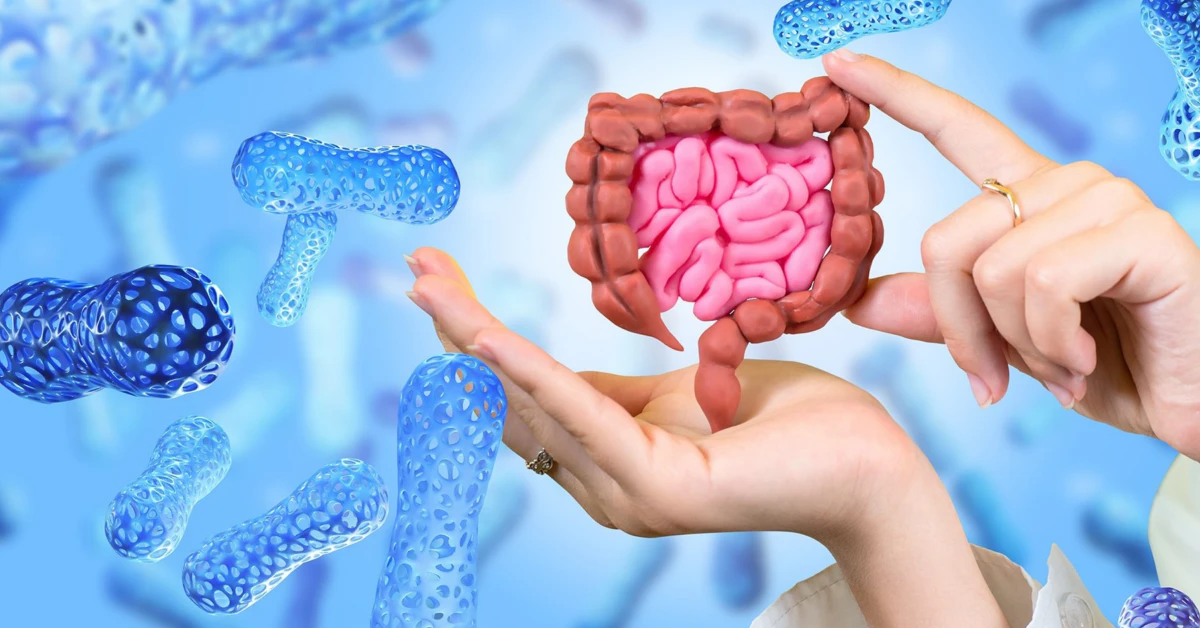



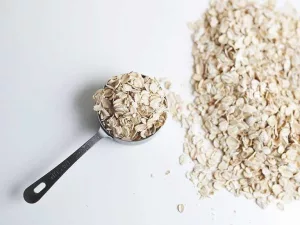
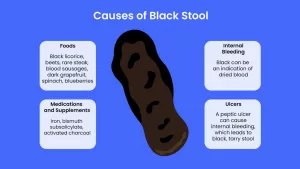

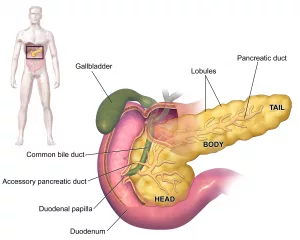
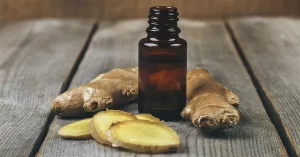



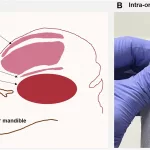











Leave a Reply
You must be logged in to post a comment.